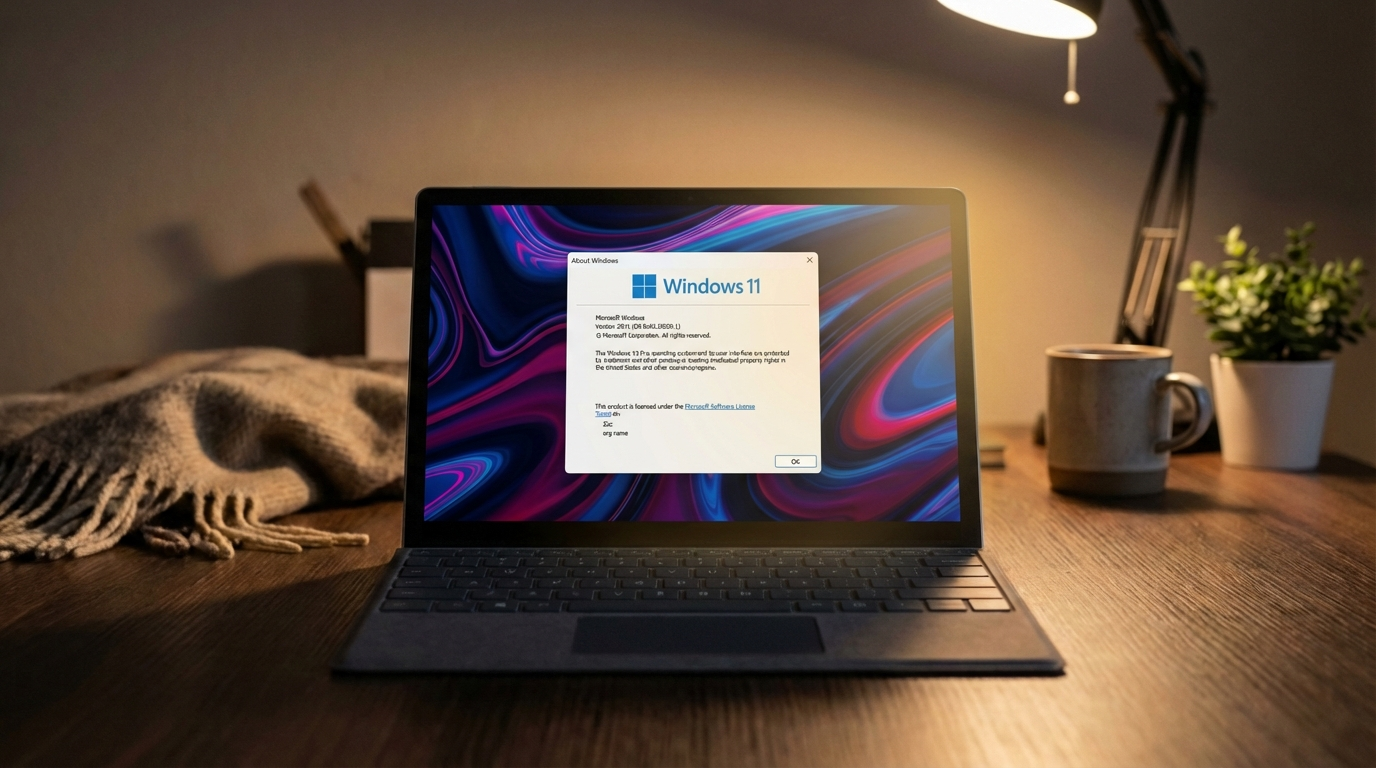Windows Mobile is good enough for U.S. Army

All the latest news, reviews, and guides for Windows and Xbox diehards.
You are now subscribed
Your newsletter sign-up was successful
Sure while everyone is taking pot-shots at Windows Mobile and market share hub-bub, people are using it left and right to get things done in the world. The latest group to do so is not some fly-by night company but the United States Army.
Launching their Go Mobile Gear, designed for the modern, tech savvy solider (who would be laughed off the battle field for having a pansy iPhone), the U.S. military has approved a handful of "...communications and conferencing devices that can fit into a soldier’s pocket while going easy on the service’s pocketbook."
Soldiers can use these devices to access "...the Army Knowledge Online portal, a repository of online information, distance learning tools, e-mail and other resources for 2.6 million Army users. The Web-based service is now part of a broader service known as Defense Knowledge Online."
So what does the military consider to be solid devices for the troops?
- HTC Ozone
- Samsung Epix
- Palm Treo Pro
- HTC Touch Pro
- Celio Redfly
- Planon Prinstik portable printer
- Solar Charger
- Myvu Solo Goggles
(Funny, I have half of that stuff....Army here I come!)
The whole kit (we imagine only one phone of course) can be had for about $1,000. It's a pretty huge endeveor too by the military, which states:
Each piece of the Go Mobile kit has to meet stringent Defense Department information assurance requirements," Parker said. The project is getting ready for its first phase of deployment for garrison training. The next phase will be the tactical environment, which will require hardening of the equipment to military specifications, including both Mil-Std 810-F and Mil-Std 810-G requirements.
And joking aside, the military is evidently "tech agnostic" as they do plan to look at and roll out iPhone and Android sometime in the future. But for now, it's all WinMo baby.
All the latest news, reviews, and guides for Windows and Xbox diehards.

Daniel Rubino is the Editor-in-Chief of Windows Central. He is also the head reviewer, podcast co-host, and lead analyst. He has been covering Microsoft since 2007, when this site was called WMExperts (and later Windows Phone Central). His interests include Windows, laptops, next-gen computing, and wearable tech. He has reviewed laptops for over 10 years and is particularly fond of Qualcomm processors, new form factors, and thin-and-light PCs. Before all this tech stuff, he worked on a Ph.D. in linguistics studying brain and syntax, performed polysomnographs in NYC, and was a motion-picture operator for 17 years.
